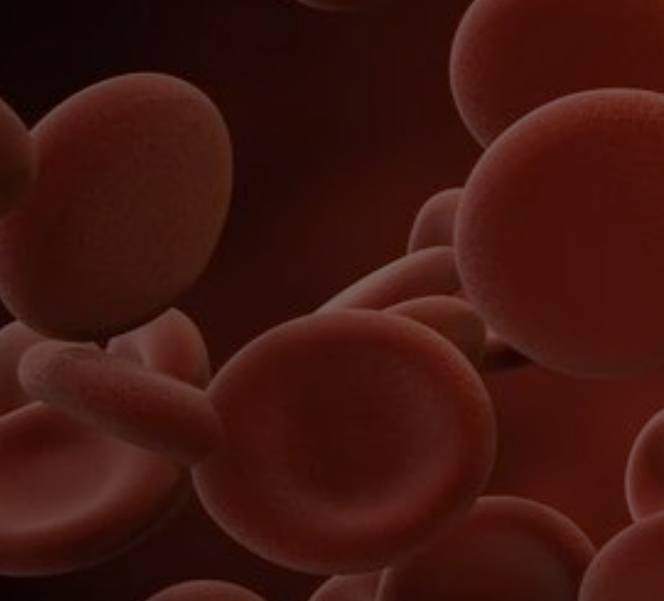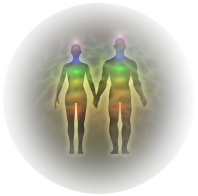Virtually on a daily basis, I am asked by patients if whole wheat is better than wheat.
Here’s my thoughts on this question:
First, wheat and grains in general are in fact a large supply of starch. This starch decomposes into sugar in the intestines in a 2-phase process. Thus, they are very hard to digest properly. The problem is that the human body is not fit for this job and a part of the starch is not absorbed and descends into the large intestines, feeding critters, causing inflammation, gasses, damage to the wall of the intestines, among other problems. Over time, one will develop insulin resistance, hypoglycemia, diabetes type 2, obesity, heart problems, and osteoporosis.
Second, whole grains, like whole wheat, contain anti-nutrients. These molecules bind to essential vitamins and minerals, making them worthless or impossible to absorb for the digestive tract. Therefore, people develop nutritional deficiencies, like a lack of iron, zinc, calcium, magnesium, among others.
By the way, carbohydrates are not essential. The body can make some from fats and proteins. Therefore, you can survive and feel perfectly well on a very low or no carb diet. In addition, there is no nutrients in wheat that you can’t find in other food.
Hope this answer the question. If you have any comments, please feel free to contact me.
yours in health,
Dr Serge







